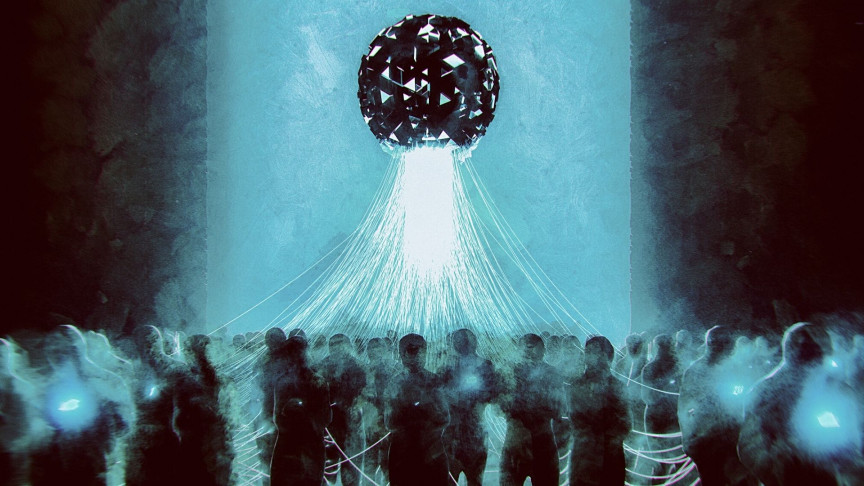
interestingengineering.com
Microsoft President Warns of Orwell's 1984 'Coming to Pass' in 2024
Microsoft president Brad Smith warned of the increasing prowess of AI and the fact that we may be caught up in a losing race with the technology.
Science & Tech
The surveillance-state dystopia portrayed in George Orwell's 1984 could "come to pass in 2024" if governments don't do enough to protect the public against artificial intelligence (AI), Microsoft president Brad Smith warned in an interview for the BBC's investigative documentary series Panorama.
During the interview, Smith warned of China's increasing AI prowess and the fact that we may be caught up in a losing race with the technology itself.
"If we don’t enact the laws that will protect the public in the future, we are going to find the technology racing ahead, and it’s going to be very difficult to catch up," Smith stated.
Ignoring the AI problem at our own peril
Many of the world's brightest minds have warned of the perils of artificial intelligence. In 2017, astrophysicist Stephen Hawking stated his fear that "AI may replace humans altogether." SpaceX and Tesla CEO Elon Musk co-founded a brain interface technology firm called Neuralink, partly in a bid to "mitigate the existential threat of AI."
Now, Microsoft president Brad Smith has weighed in, stating that advances in artificial intelligence capabilities recall Orwell's cautionary dystopian novel, which envisioned a surveillance state ruled over by an all-seeing technology-enabled dictator.
"I’m constantly reminded of George Orwell’s lessons in his book 1984," Smith explained in the interview.
"You know the fundamental story was about a government who could see everything that everyone did and hear everything that everyone said all the time," he continued. "Well, that didn’t come to pass in 1984, but if we’re not careful that could come to pass in 2024."
China's AI capabilities outpacing other world powers
Smith pointed, in particular, to the use of AI in China. The country's ambition is to become the world leader in the technology by 2030, and many have already stated that large powers, such as European Union, are falling behind when it comes to research in artificial intelligence.
Last year, Chinese tech company Terminus announced plans for a smart city project that promises to essentially put artificial intelligence in charge. The city project, which is advertised as being all about efficiency and citizen comfort, would be run by AI, meaning a system would keep a tab on all citizens' habits and preferences.
The project recalls a quote from Orwell's 1984 that states, "the choice for mankind lies between freedom and happiness and for the great bulk of mankind, happiness is better." Will citizens of Terminus' smart city project happily hand over their data to an AI-run state in the name of comfort?
According to research by Comparitech, 54 percent of the world's 770 million CCTV cameras are installed in China, meaning its citizens may not have a choice.
A losing race against the Singularity
As previously mentioned, Elon Musk's Neuralink project has its sights on eventually allowing humans to achieve a symbiosis with artificial intelligence, with Musk stating at the company's original tech presentation, "if you can't beat them, join them."
Ray Kurzweil's Singularity theory posits that artificial intelligence will eventually reach a point at which it is able to solve problems regarding its own technological advancement. As it will be able to do so at a pace far surpassing the capacity of humans, it will then innovate at a pace beyond our imagining, potentially leaving us biting the dust.
Campaigns such as Stop Killer Robots have led petitions with signatures from the likes of Noam Chomsky, Elon Musk, and ex-employees of Google's Project Maven, to stop the propagation of fully autonomous weapons.
In his interview with the BBC's Panorama, Smith pointed out that our reality is rapidly catching up with the fictional portrayal of Orwell's 1984. He called for lawmakers to protect the public against the all-to-real threat of the technology over the coming years.
























































